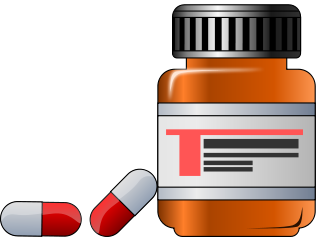Therapy For Addiction

Trying to recover from addiction at home is generally a losing battle and not successful. This is because you generally don’t have a solid plan and the necessary support to battle this debilitating condition. Therefore, using therapy from trained professional is generally much more effective in the long-term retention is much higher.
What Types Of Treatments Do Professionals Render
Support Via Therapy
Success can often be depending upon how well tailored the therapeutic program is that a counselor May create for a patient. Not only does the patient themselves need therapy, but often combining this with different types of Behavioral and cognitive therapy as well as getting the family involved with some familial therapy can make a huge difference in the success rate. It is necessary to get the patient to have the mindset such that he is not able to easily continue with habits that are detrimental to his health. Also, there are certain scenarios and triggers often cause addictions to occur. It is necessary to figure out what these are, and the help of a trained therapist is often the best route to receiving the best benefit. Removing these types of triggers is off in Paramount and fundamental to successful treatment. Not only is this the best method but it is also the safest. It can often be dangerous coming off of an addiction and a person’s health can be at risk. The physical health of the patient is of concerned as well as the mental and with a trained therapist the chances of anything going wrong are much lower. Bottom line is it is safer to use a therapist to help a person with addiction problems to recover.
How Often Do Patients Relapse?

It is not on that patients who attend and use therapies for addiction will at some point suffer a relapse. When a person relapse is they often do so to a larger degree than when they were practicing their addiction beforehand. Overdose is a common occurrence currently of opioid overuse and it should be of a great concern to the therapist and the patient as well as the family. So, while the patient is detoxing they may be even more vulnerable to some type of a relapse and their body is more susceptible to damage. During this critical period is important to make sure that the patient is well attended to and has as much familial support as possible.
To this end it is important that the patient is monitored. There are many ways in which this can occur through different kinds of testing and monitoring technologies that exist today. Most patients are agreeable to this type of treatment as they know that it is in their best interest. But, some refused this because they think that they can do it on their own or they don’t want to feel like they are being spied upon. If possible, the best way is to get the patient to agree to some type of monitoring program so that there is a feedback mechanism and they have dates and times at which they know that they will be examined. These scenarios can often help the patient to avoid a relapse of any type.
In general, because of the wonderful support and care that most treatment centers for addiction can render the success rate is higher for those that choose this route as opposed to trying to do it all on their own.
